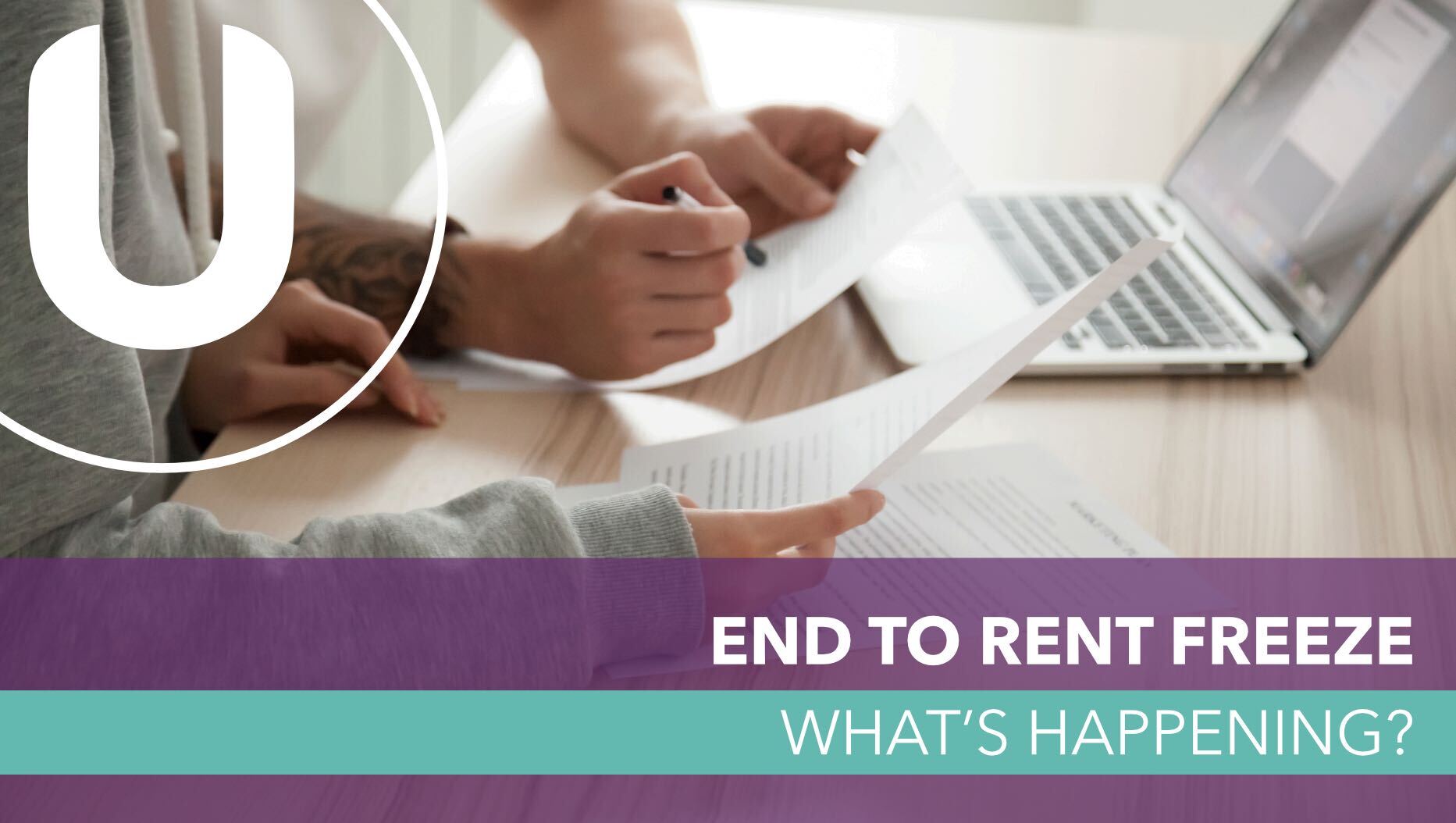From the 1st of April, rents on private rented tenancies in Scotland can be increased again by as much as 3%, or as much as 6% if landlords can demonstrate a relevant increase in their prescribed property costs.
There is a required notice period of 3 months for increasing rent on a private rented tenancy meaning that rent increases can’t actually come into force until July 2023.
This signifies the end of the rent freeze that came unexpectedly and suddenly into force on the 6th September 2022 that limited the “permitted rate” for increasing the rent on an existing tenancy to 0%. The legislation is still in place but the permitted rate has changed from 0% to 3% from April 1st 2023 (although increases can’t become effective until July).
Open-market rents remain unrestricted
This legislation and the permitted rate cap only apply to mid-tenancy increases. The agreed rent on a new tenancy can be at any amount agreed between the landlord and the tenant. Scotland is experiencing some of the lowest levels of properties available to rent on the rental market and this is driving up rent levels on the open market. The sudden and arbitrary nature of the rent freeze legislation introduced last year has exacerbated the undersupply of properties into the rental market meaning open market rents are rising faster than they would have otherwise, so while the rent freeze legislation could be potentially saving money for tenants whose tenancies started before the 6th September 2022, it’s having the opposite effect for those entering new tenancies.
Continuing Restrictions on Evictions
The restrictions relating to evictions that were suddenly and unexpectedly introduced on the 6th of September 2022 remain in place but, practically, there is still something landlords can do when they want to bring a problematic tenancy to an end. Serving the appropriate notices will normally bring a tenancy to an end by mutual consent. Failing that, the landlord can apply to the first-tier tribunal to be granted repossession of the property. The conditions that must be met for the landlord to be granted repossession of the property, and the timescales, are not guaranteed or as clear as they were prior to the 6th September 2022 so landlords should seek advice relating to their specific situation before proceeding with bringing a tenancy to an end.
How long will these measures last?
It’s not clear how long these “temporary” rules will last. It’s clearly damaging the health of the sector by restricting future supply at a time when more tenants than ever need to make their home in the private rented sector. The mid-tenancy rent cap and eviction restriction legislation, or the Cost of Living (Tenant Protection) Act 2022 as it’s otherwise known, can be extended as late as the 31st March 2024. We expect it will be rolled on until that date but the Scottish Government has said it will announce updated policies this autumn. Whether they continue in a policy direction that continues to restrict future property supply in the face of record levels of tenancy demand remains to be seen. Summer 2023 is sure to see more and more potential tenants locked out of the PRS due to woefully inadequate levels of available rental properties. That could well lead the Scottish Government with no alternative but to adopt a more balanced policy approach than they have over the last 18 months. Only time will tell.
